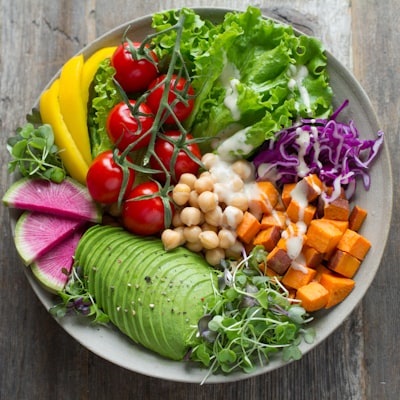Food Literacy for All Food Waste Panel
 Launched in 2017, Food Literacy for All is a community-academic partnership course at the University of Michigan. Structured as an evening lecture series, Food Literacy for All features different guest speakers each week to address the challenges and opportunities of diverse food systems. The course is free and open to the public. This year the course theme is Food and Care.
Launched in 2017, Food Literacy for All is a community-academic partnership course at the University of Michigan. Structured as an evening lecture series, Food Literacy for All features different guest speakers each week to address the challenges and opportunities of diverse food systems. The course is free and open to the public. This year the course theme is Food and Care.
The sessions are co-led by Dr. Bénédicte Boisseron (University of Michigan College of Literature, Science, and the Arts, Afro-American & African Studies) and Shiloh Maples (Community organizer and seed keeper). Food Literacy for All is presented by the University of Michigan Sustainable Food Systems Initiative.
SPEAKER BIOS:
jøn kent is the Co-Founder of Sanctuary Farms, where he works to close the food loop by turning food waste into nutritious compost and in turn uses that compost to cultivate organic produce. He is also the Executive Director of Sacred Spaces, a nonprofit organization that works to bring food sovereignty and healing nature-scapes for historically disadvantaged communities. jøn is an Urban Planning master’s student at the University of Michigan as a Transformative Food Systems (TFS) Fellow and Sustainability Fellow.
Reneé V. Wallace advances strategic change through Detroit-based entrepreneurial entities; Doers Edge LLC (Founder/CEO), FoodPLUS Detroit (Executive Director), and Transform Community Change Leadership Institute & Lab (Founder/CEO). She has been a facilitative leader, business consultant and trusted advisor for over three decades. Renee is committed to advancing composting in urban cities and has a body of concentrated work in Detroit and the state of Michigan, as well as work nationally and globally.
Hajime Sato’s sense of adventure led him to leave Japan when he became an exchange student in Idaho. He later relocated to Seattle, Washington where he opened his award-winning restaurant Mashiko in 1994. In 2009, Hajime became one of the first sushi chefs to commit to using only sustainable seafood. Hajime moved to Michigan in 2019, and started the sushi restaurant Sozai.
Jamina (Ja-meen-ah) Shupack is the Executive Director of Rich Earth Institute. Located in Southern Vermont, Rich Earth Institute engages in research, education and technological innovation to advance the use of human waste as a resource. She sees improving the sanitation systems in the U.S. and beyond as a vital component in reorienting humans’ relationship with the environment.
Part of the University of Michigan Zero Waste Challenge Event Series
See All Events in Series
Organizers
ZeroWaste.Org
School for Environment and Sustainability (SEAS)
Center for the Education of Woman (CEW+)
Program in the Environment

